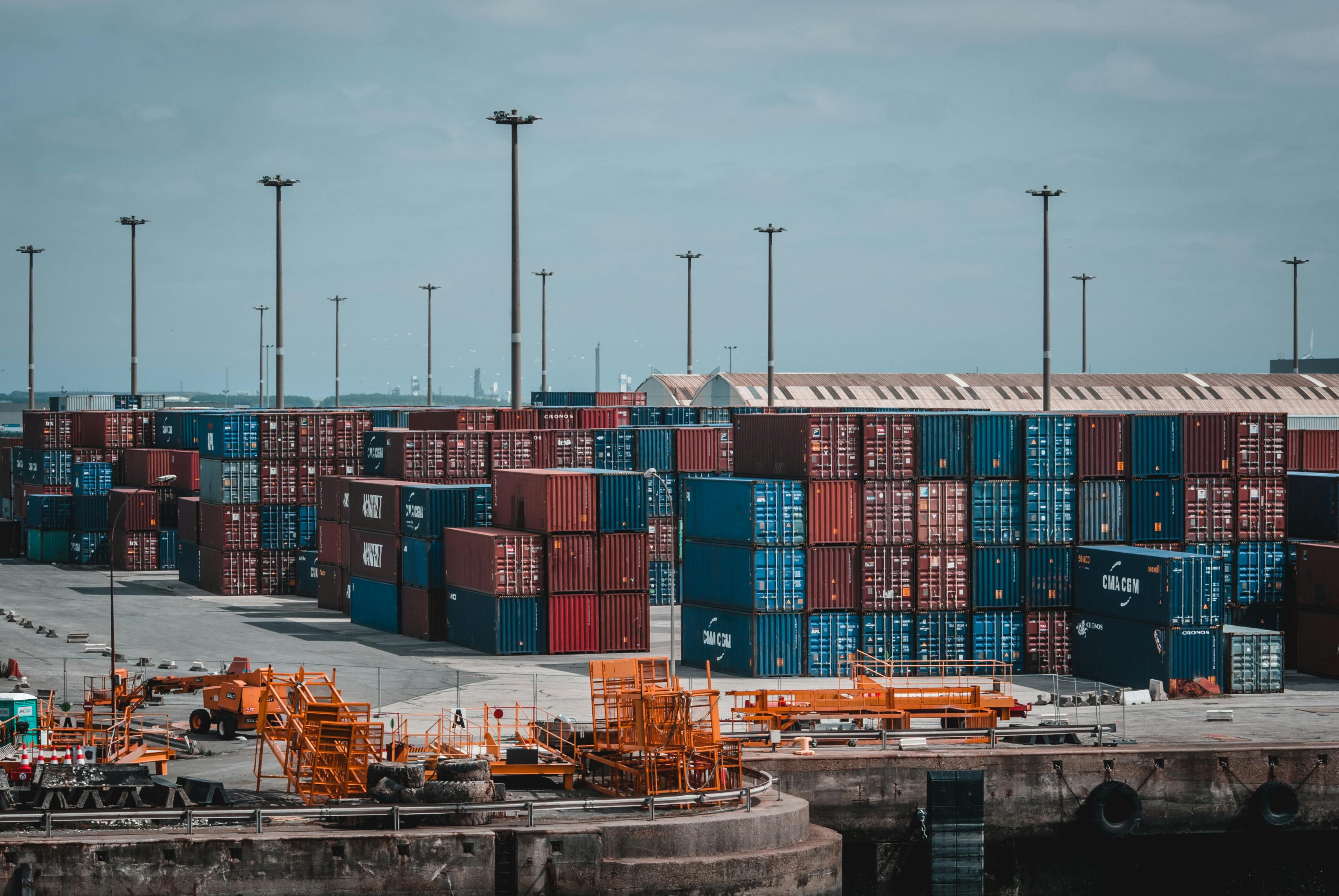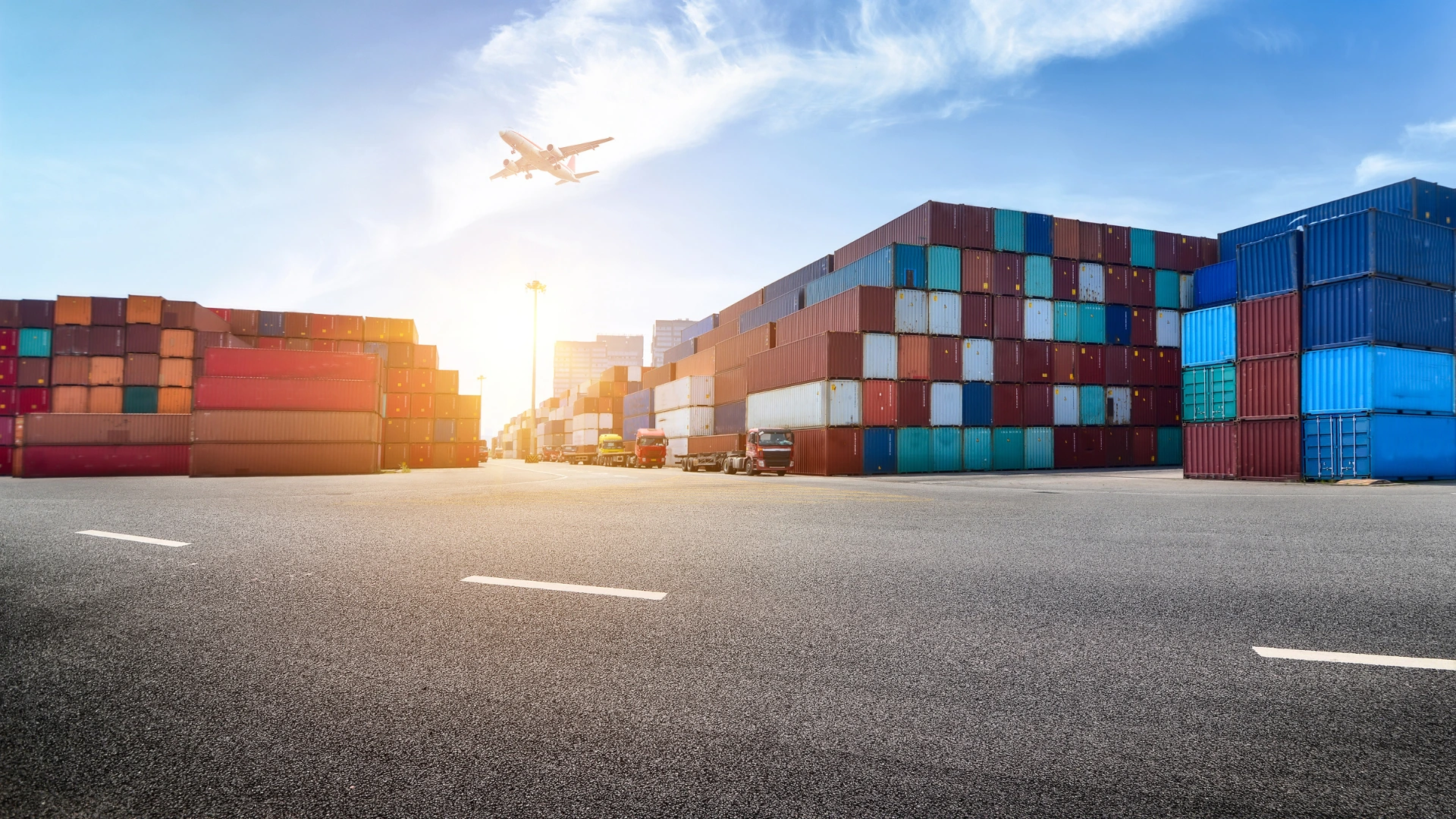Green Horizons: Revolutionizing Logistics with Silq's Sustainable Solutions

The global supply chain is grappling with a significant challenge: the environmental impact of transportation. In an era where sustainability is not just a preference but an imperative, the stark reality is that the logistics sector, particularly air freight, is one of the largest contributors to carbon emissions worldwide. This pressing issue
demands attention and action from businesses and industry leaders.
Transportation, a cornerstone of global commerce, is one of the largest contributors to anthropogenic greenhouse gas (GHG) emissions in the United States. According to the EPA, transportation accounts for a significant portion of these emissions, marking it as a key area where improvements are not just beneficial, but necessary. With the sector's emissions increasing more in absolute terms than any other sector between 1990 and 2021, the need for a paradigm shift in logistics practices is clear. As the logistics industry continues to grow and evolve, finding innovative and effective ways to reduce its carbon footprint is not just a goal but a responsibility that the sector must embrace.
The Rising Importance of Sustainable Logistics

The industry's significant contribution to global greenhouse gas emissions places it squarely in the spotlight, pushing companies to rethink and reform their operational strategies. While many companies are announcing plans to go “net-zero” that is often easier said than done, especially for SMBs.
However difficult it may be, there may not be a choice in the matter in the near future. The push towards sustainability is increasingly driven harder by regulatory pressures. Governments and international bodies are setting stricter standards and guidelines to curb environmental impact. The U.S. Environmental Protection Agency (EPA), for example, provides comprehensive supply chain guidance for businesses, underscoring the importance of reducing greenhouse gas emissions in logistics. These regulations are not merely suggestions but are becoming mandatory frameworks that companies must adhere to.
Consumer Consciousness: A Driving Force
In addition to governmental regulations, the rise of environmentally conscious consumers is another significant factor shaping the logistics sector. A recent report from The Roundup highlights how consumer preferences are increasingly leaning towards businesses that demonstrate environmental responsibility. This shift in consumer mindset is not just a passing trend but a fundamental change, making it imperative for companies to adopt sustainable practices not only for compliance but to meet customer expectations and maintain market relevance.
Challenges for Small and Medium Businesses (SMBs)
While the path to sustainability is clear, it's not without challenges, especially for small and medium-sized businesses (SMBs). Unlike larger corporations, SMBs often face resource constraints, making the transition to sustainable logistics a daunting task. Limited access to cutting-edge technologies, cost barriers for green initiatives, and a lack of economies of scale can hinder their ability to adapt quickly. This gap highlights the need for tailored solutions that can help SMBs like Sunshine Valley, navigate the complexities of sustainable logistics without compromising their operational efficiency or financial viability.
A Journey Towards Sustainable Fashion Logistics
Picture the case of a burgeoning name in the fashion industry, known for its stylish yet sustainable clothing lines. From the bustling fashion capitals to the remote corners of the world, their products have been making waves. However, the company's rapid growth brought to light the environmental challenges inherent in their logistics and supply chain processes. Eager to uphold their commitment to sustainability, they sought ways to minimize their environmental impact without compromising their global reach.
Challenge 1: High Carbon Emissions from Inefficient Shipping

The challenge was twofold: their shipping frequency contributed significantly to carbon emissions, and they often found themselves shipping containers that weren't fully utilized, leading to inefficiency and higher emissions per garment shipped.
Silq's Solution: Shared Container Loads
Silq stepped in with an innovative solution: shared container loads. This approach helped optimize shipping capacity by combining their shipments with other companies. Not only did this reduce the number of shipments and associated carbon emissions, but it also provided significant cost savings.
Challenge 2: Production Inefficiencies Leading to Waste

The company faced another sustainability hurdle in their production line. Faulty products were occasionally being shipped, only to be returned later, creating a cycle of waste and inefficiency.
Silq's Solution: On-Site Inspection Services
To tackle this, Silq offered its on-site inspection services. By identifying and rectifying production errors before the products left the factory, Silq helped prevent the shipment of faulty items, thus reducing waste and additional carbon emissions associated with return shipments.
A New Chapter in Sustainable Fashion Logistics
With Silq's targeted solutions, they significantly reduced their carbon footprint and enhance their supply chain efficiency. These changes not only reinforced their commitment to sustainability but also positioned them as a forward-thinking leader in the fashion industry, dedicated to responsible and eco-friendly logistics practices.
Building a Sustainable Future: How Silq Empowers Smarter, Greener Logistics
As the global supply chain grapples with the imperative of reducing its environmental footprint, the significance of sustainable logistics has never been more pronounced. The logistics sector, particularly in air freight, plays a pivotal role in this transformation. By adopting sustainable practices, such as optimizing shipping routes, utilizing shared container loads, and incorporating on-site inspections to reduce waste, businesses can significantly lower their carbon emissions and improve overall efficiency. These practices not only contribute to the health of our planet but also offer a strategic advantage in an increasingly eco-conscious market. Embracing sustainability in logistics is not just a matter of environmental ethics; it is a critical factor in ensuring the longevity and relevance of businesses in the modern world.
For companies looking to navigate this shift towards greener logistics, Silq offers a suite of solutions that align sustainability goals with supply chain optimization. From reducing carbon emissions to enhancing operational efficiency, Silq's innovative approaches are tailored to meet the unique needs of each business.
Ready for Supply Chain Predictability?
Importers using Silq ship smarter, safer, and with total control.







